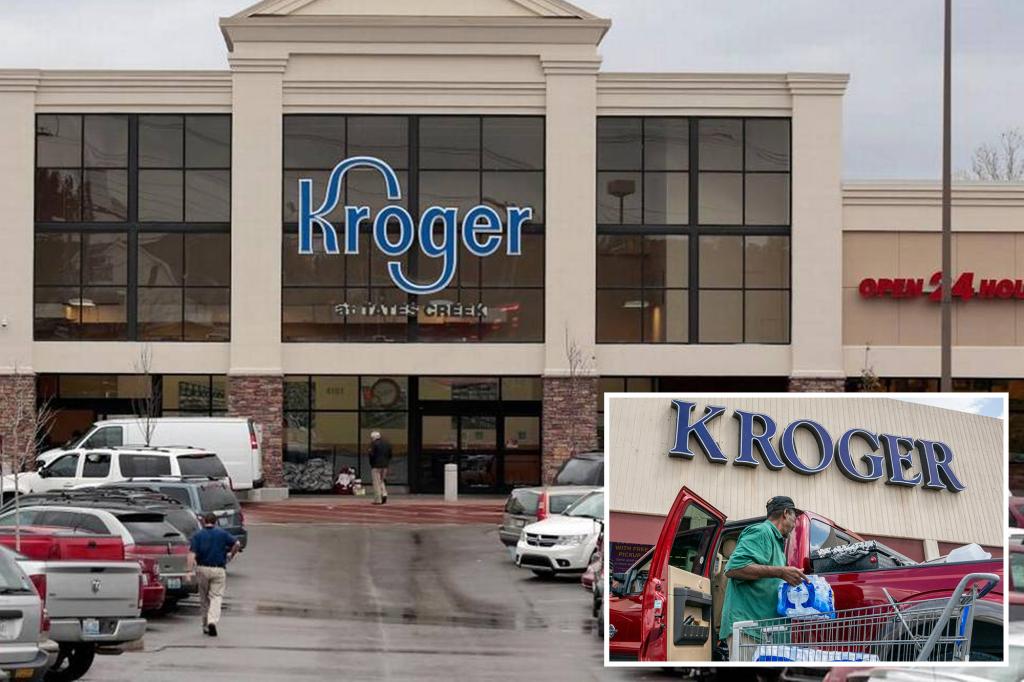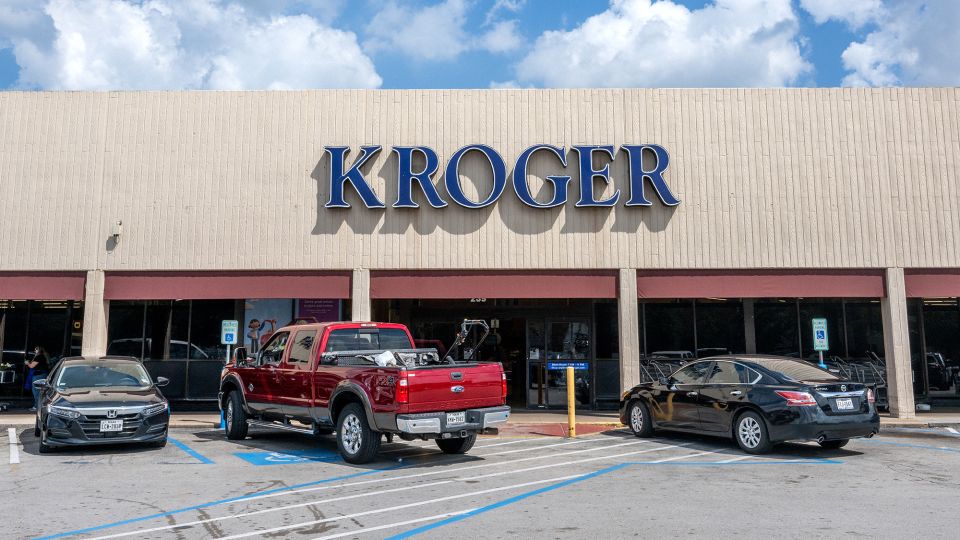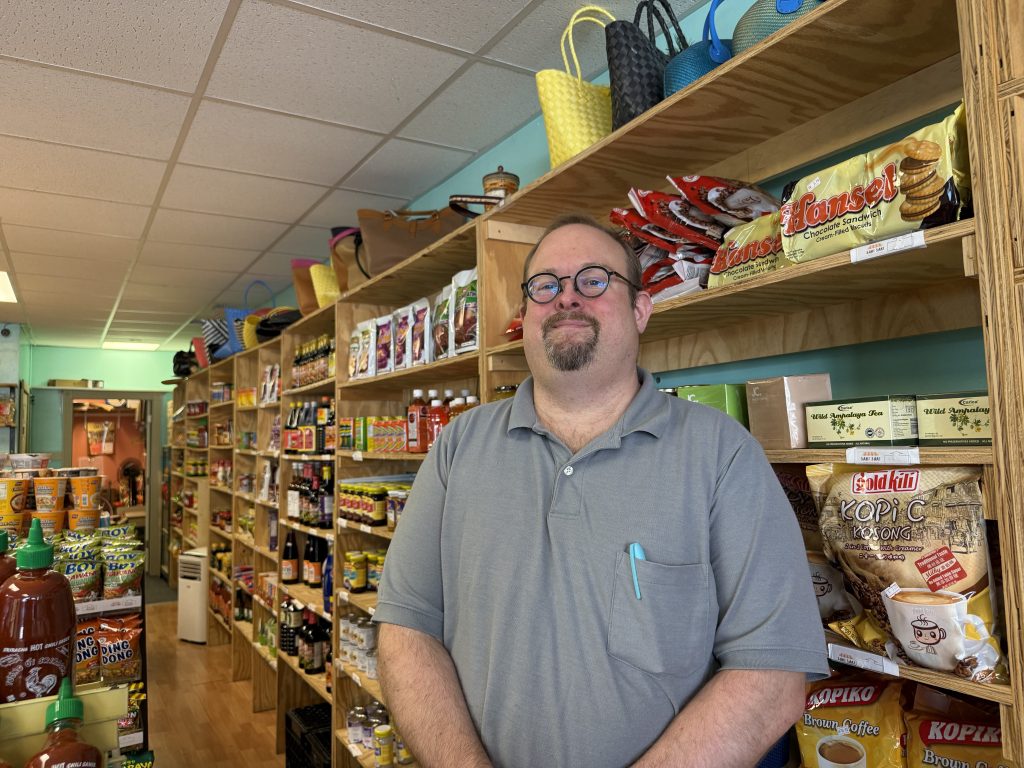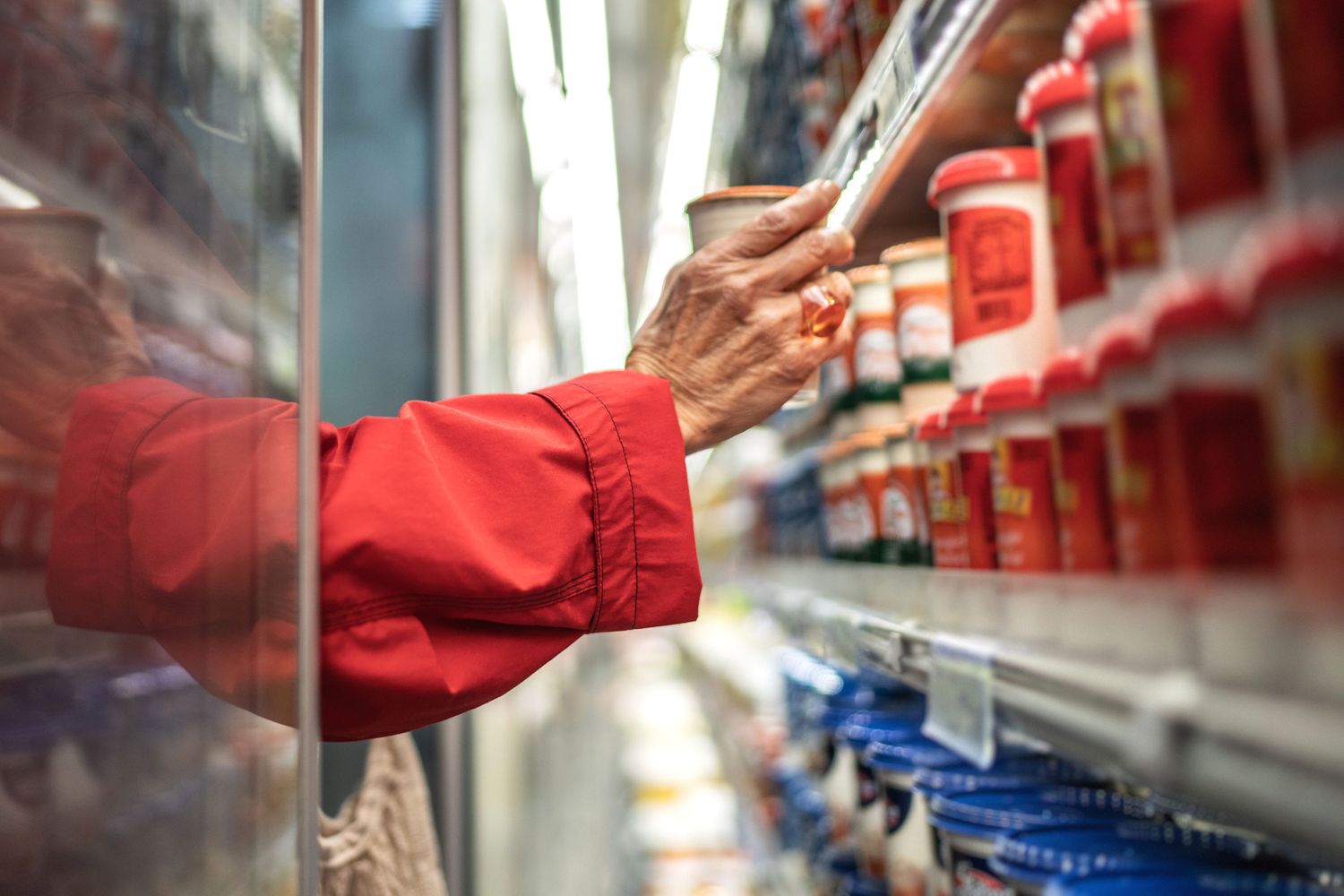Summary
The chain, which operates more than 1,200 stores, said it took on a $100 million impairment charge related to the planned closures in the first quarter.
Source: New York Post

AI News Q&A (Free Content)
Q1: What led to Kroger's decision to close 60 stores, and what financial impact has this had on the company?
A1: Kroger decided to close 60 stores following the unexpected ousting of its CEO and a failed merger attempt. This decision resulted in a $100 million impairment charge in the first quarter, highlighting significant financial strain. The closures are part of a strategy to streamline operations and address economic challenges.
Q2: How did Bernard Kroger influence modern retail grocery shopping?
A2: Bernard Kroger revolutionized grocery shopping by introducing self-service shopping, allowing customers to select and purchase their items directly from the shelves. He also pioneered in-store bakeries and fresh meat departments, setting a foundation for the modern supermarket model.
Q3: What innovative technologies are being explored in retail grocery pricing, and how might these impact revenue?
A3: Recent research explores randomized robust price optimization, which involves using a distribution of potential price vectors to maximize worst-case revenue. This approach has shown up to a 92% improvement in revenue in some cases, indicating significant potential for increasing profitability in retail grocery settings.
Q4: What advancements in smart home technologies could transform grocery management for consumers?
A4: Advancements in vision-based automatic grocery tracking systems for smart homes are being developed to automate grocery management. These systems integrate retail shelving data and home storage insights to predict and fulfill residents' grocery needs, potentially revolutionizing household grocery management.
Q5: What is the RetailSynth, and how does it aid in retail AI systems evaluation?
A5: RetailSynth is a simulation environment designed for evaluating retail AI systems, such as pricing and promotion algorithms. It uses synthetic data to simulate customer shopping behavior, allowing researchers to test the impact of various pricing strategies on revenue and customer retention.
Q6: How is Kroger positioned in the U.S. retail market, and what are its most significant operational features?
A6: Kroger is the largest supermarket operator in the U.S. by revenue and ranks as the fifth-largest general retailer. It operates over 2,700 grocery stores across 35 states, featuring diverse store formats including multi-department stores, marketplace stores, and price-impact warehouse stores.
Q7: What are the potential economic implications of Kroger's failed merger and CEO changes on its future strategy?
A7: The failed merger and CEO changes may prompt Kroger to reevaluate its strategic direction, focusing on operational efficiency and possibly new merger opportunities. The economic implications include potential restructuring costs and the need to regain investor confidence amid these significant leadership and strategic shifts.
References:
- Kroger
- Bernard Kroger
- Randomized Robust Price Optimization
- Vision-Based Automatic Groceries Tracking System -- Smart Homes
- RetailSynth: Synthetic Data Generation for Retail AI Systems Evaluation





